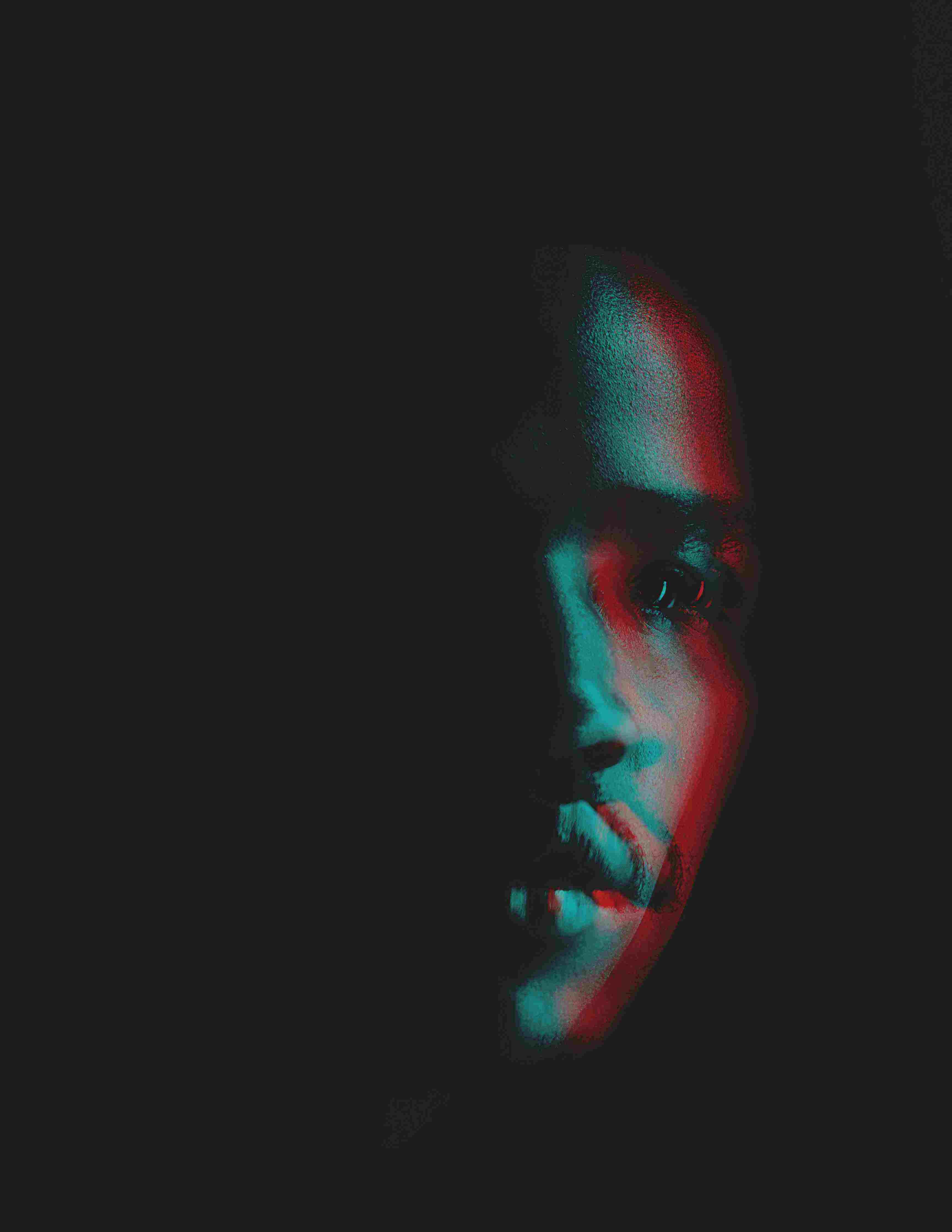Growing older in the social justice movement as a Black woman is a trip! It makes this current moment of uprising in American colleges interesting to bear witness to, with the lens of an elder activist. Despite what some believe and are loudly proclaiming, this is not the first generation to rise up against the empire and loudly state what is wrong.
There is a rich history of young people organizing and protesting in this country. Going back to the 1960s, for example—probably the oldest notable era in modern memory and awareness—there have been many brave young people willing to stand up for what’s right, risking their lives and their futures for social change and justice. The key difference at this moment is that we have the technology to live-stream directly to people, bypassing the traditional media gatekeepers. We can also now consume a steady diet of the action, no longer waiting for the ten-o’clock news or the daily newspapers to bring us updates.
Because we can directly access the genocide and the protests, it makes things seem different now but, in reality, America has long been in the wrong. America directly or indirectly funding the demise of people deemed less than us is nothing new. America doing what is politically expedient and advantageous to us is nothing new. America not giving a damn is nothing new.
It’s just that back in the day, when I was a youngster in high school, I had to go hang out at leftist and socialist books stores and do a lot of reading and talking to older heads to figure out that what we had been taught about America was bullshit.
Today’s youngsters don’t have to do that. They can hop on an app and watch a plethora of videos to piece it all together.
So, while the ways in which we access information about America’s dirty deeds is different, the response from younger people isn’t different.
Historically, part of the developmental growth process—particularly for younger people—is finding their political selves and moral compasses. Separating themselves from what was fed to them by their parents and schools and deciding, as the kids now say, to “stand on business.”
My aging activist heart swells in this moment, even with watching some of these young adults make missteps in their organizing. While I am a big fan of intergenerational organizing, I also believe that we have to buy our own experiences and missteps. It strengthens us.
What doesn’t make my heart swell is wondering where these young people will be in a few years. When they are past their college days and engaging in peak adulting.
Will they maintain that same commitment to justice when working 40 hours a week to put food on the table? Will they maintain that commitment in their professional and financial lives when the adult responsibilities multiply? Will they choose career paths that are aligned with their values or will they compromise or settle and make activism a thing they fit in as time allows?
This is where I am going to lose some of you. My answer is no. In most cases, they won’t retain that same commitment and historical precedence supports my lack of confidence that today’s young change agents will still be in the trenches at 30, 40, or—gasp—even 50.
The majority of today’s young people in the commons and streets around the country are the children of the youngest Boomers or of Gen X. Two groups that, as youngsters themselves, notably did speak out and take action. The thing is, as they became farther removed from their youth, a good number moved away from their idealistic values—retaining certain beliefs, but often not living in alignment with those earlier espoused values.
Particularly white Gen X and younger boomers—who often, despite having diverse friends and exposure as teens and young adults—ultimately in their late 40s to early 60s, have settled into lives of utter whiteness. A whiteness that values comfort and complacency over change. A whiteness that says it cares about things beyond the circle of whiteness but rarely is moved towards sustained action.
It’s one of the many reasons why in social justice spaces, you see an overflow of white youth but, more often than not, the elders still fully engaged in these spaces are either Black or BIPOC folks or people from marginalized communities who don’t have the option of fading into comfort.
Marginalized people, particularly Black and brown people, have always seemed to understand that our progress is tenuous at best and requires a long game. There are few breaks, and this is why so many middle-aged and older Black women stay in the work of social and racial change despite the cost to our bodies, souls, and financial security. We don’t have the luxury of knowing that it will be better for our grandkids and kids. Sorry, that’s peak white privilege, which we don’t have.
It’s also why we can look at this moment and understand why some young Black folks are not as visible in the front lines. For the past few days, the online chatter has been that Black youth are not as visible in the struggle for Palestinian liberation, despite the fact that many Black people do feel a kindred connection with the Palestinians. Oppressed people recognize oppression, we know what it is like to be harmed and denied our humanity. Hell, we are still fighting hundreds of years later in a country where many of our ancestors were enslaved.
We have spent the better part of the last decade-plus pointedly fighting for Black lives to simply matter as much as white ones. Only to have the movement stall, implode, and crumble. Some of us are still in the arena, long after the majority of our white allies and accomplices left and—interestingly enough—had our words been truly heard and the work respected and white folks committed to the long term, we might not have seen the police violence that we have seen in recent days across the country against our activist youth.
After all, reforming policing, aka defunding the police, was a central tenet to the Black Lives Matter movement. Remember, the Black Lives Matter movement was born out of the police state snatching away Black lives.
Understanding this, again, one might wonder: Why aren’t we seeing more young Black people on the front lines?
For starters, Black folks across the generations are tired after years of fighting with too little support, but there is also the fact that what the young white folks can do will have vastly different consequences for young Black folks and other young folks of color.
White people can show up and then walk away when they are tired or feel they have done enough—and they can do that largely without fear of reprisal. For young Black folks in recent years, their visible activism work in many cases created harm. Lost wages, lost opportunities, and the stress and weight of carrying it all. To add insult to injury, too many times those white folks in the streets with you aren’t going to show up long term to support you or help you get similar opportunities to what they enjoyed.
A few months ago, I wrote about Shafiqah Hudson, a brilliant Black activist whose work launched careers and created opportunities for many. She died indigent, her last tweets asking for car fare to get to a medical appointment—and her friends and family had to crowdfund to cover her cremation costs.
These young people are old enough to know that most Black activists in recent years have not done well. Given the wealth gap between Black and white Americans, that means most don’t have a family safety set to catch them if they are expelled and their opportunities dry up. Our people often lack the social capital to make a few calls and get LaShawn a job.
Sure, we can all activate and take a stand but the reality is that we still need to keep a roof over our heads and that’s where race matters. White-bodied people can take more risks without jeopardizing their long-term futures. Which is why it matters when white people don’t show up, don’t fund the work, and ultimately sashay into the warm embrace of whiteness.
For Black and brown folks, just living is a form of both resistance and activism. As we stand on the cusp of a possible second Trump term it means being strategic about where we put our energies and how we show up, especially in highly visible spaces.
In a world where they see their elders destitute and crowdfunding for survival, it is prudent to be strategic. That’s no shade to the young Black folks who are visible in the struggle for the Palestinian liberation. The thing is, Black folks deserve to have the freedom to choose how or if we want to show up and be freed from the white expectation that our lives are solely about being in service to the larger world.
That expectation is not fair and it most certainly is not put on white people. Even as we grow older, we are expected to tend to others.
Vice President Kamala Harris recently appeared on a talk show with actress Drew Barrymore, where Barrymore—in all sincerity and earnestness—told Harris that America needs her to be Momala to the country. A reference to Harris’s mom name given to her by her stepchildren.
I have a hard time believing that a white VP would be asked to mother the entire nation, but Black folks—whether it is expecting our young people to put their literal bodies on the line or asking the country’s first Black female VP to mother a nation of ingrates—are expected to tend to everyone else.
In my older age, I think that should be a choice individual Black folks make and never an expectation. Especially in a country where once upon a time we had to tend to babies that weren’t ours and build the wealth for a nation that still won’t pay us for the wealth that our ancestors created for the collective nation and individual white families.
If anything, it is time for white people to have a heart-to-heart—why do so many feel it is okay to step back at the slightest hint of tiredness or discomfort? To pull support from Black- and brown-led organizations and organizers and assuming we will just somehow do it all?
Palestinian liberation is imperative, and it’s what’s on our minds right now in terms of demonstrations and activism. But also imperative is the fact that liberation is a group project that requires mutual support, struggle, and sacrifice—not for the burden to be heaped on those who struggle against their own oppression.
PS: If my words gave you something to think about, consider a tip or becoming a monthly patron today. This is a reader-supported operation but financial support is waning at the moment despite readership itself continuing to be robust. Thanks.





